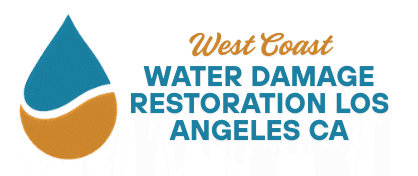Introduction
If you’ve identified mold in your property, the next question is — what’s the safest way to remove it? Mold remediation isn’t just about wiping surfaces; it’s a multi-step process designed to protect your health and prevent cross-contamination.
This post covers the safest mold removal techniques used by professionals, and why calling Mold Remediation Services is the smart way to ensure the job’s done right.
Why DIY Mold Removal Can Be Dangerous
While small patches may seem manageable, improper handling often makes things worse. Here’s why DIY mold removal can be risky:
- Spores spread easily: Disturbing mold releases spores that can settle elsewhere.
- Hidden mold remains: You may clean visible spots but miss deeper colonies.
- Health hazards: Exposure to spores can irritate the eyes, throat, and lungs.
- Lack of equipment: Without professional tools like HEPA filters, complete removal is nearly impossible.
The Safe Mold Removal Process
1. Inspection and Assessment
Professionals first locate all areas affected by mold — even behind walls and under flooring.
2. Containment
Plastic sheeting and negative air pressure machines seal off affected areas to stop mold spores from spreading.
3. Air Filtration
High-Efficiency Particulate Air (HEPA) filters trap airborne mold spores during the cleanup process.
4. Mold Removal and Disposal
Contaminated drywall, insulation, and porous materials are safely removed and disposed of.
5. Cleaning and Disinfection
All surfaces are thoroughly scrubbed with antimicrobial agents to remove residue.
6. Drying and Dehumidification
Dehumidifiers and air movers dry the area to prevent mold from returning.
7. Final Inspection
Moisture meters confirm the space is completely dry and ready for safe re-entry.
Essential Safety Gear
Mold remediation professionals use:
- Respirators or N95 masks
- Protective suits
- Gloves and goggles
- Sealed footwear
These precautions protect both workers and the building occupants.
Common Mistakes to Avoid
| Mistake | Consequence | Better Practice |
|---|---|---|
| Using bleach on porous surfaces | Doesn’t penetrate deeply | Use professional-grade antimicrobial solutions |
| Not addressing moisture source | Mold reappears | Fix leaks and humidity first |
| Failing to seal off area | Mold spreads | Always use containment |
| Not drying thoroughly | Regrowth occurs | Use moisture sensors |
Why Hire Professionals
When you hire Mold Remediation Services, you get the benefit of:
- Industrial-grade drying and filtration tools
- Thorough inspection of hidden areas
- Proper disposal of contaminated materials
- Full restoration of affected spaces
If you’re facing widespread mold, skip the DIY route and let professionals handle it.
📩 Ready to act? Contact Valley WD Restore today to schedule your service.
Conclusion
Safe mold removal takes expertise, precision, and proper safety procedures. By using professional methods — from containment to drying — you can eliminate mold and prevent it from coming back.
For detailed service info, visit Mold Remediation Services or reach out via the contact page.



